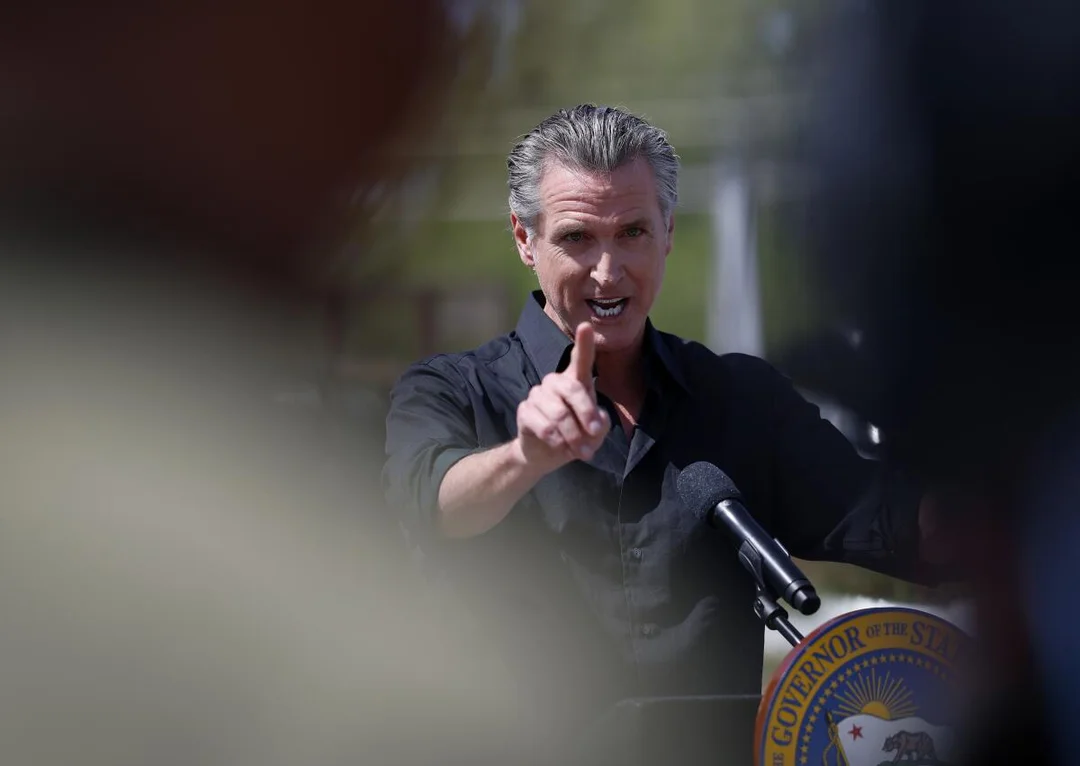
Will California’s Democrats Finally Crack Down on Child Exploitation?
In a dramatic twist within California's political arena, Democratic leaders are grappling with a controversial bill aimed at combating child sex trafficking. This legislative battle not only highlights the urgency of protecting vulnerable teens but also exposes deep divisions within the state's dominant party, raising questions about priorities in an era of tough crime policies.
The spotlight falls on Assembly Bill 379, introduced by Democratic Assemblymember Maggy Krell, a former prosecutor with two decades of experience in human trafficking cases. Initially, the bill sought to automatically classify the purchase or solicitation of 16- and 17-year-olds for sex as a felony, a move intended to strengthen existing laws where such crimes often result in mere misdemeanors or even traffic-ticket-level penalties. Krell emphasized the bill's importance in a statement, saying, "This bill strengthens California law and gives us the felony hammer to prosecute the creeps that are preying on teenagers."
However, last week, Assembly Speaker Robert Rivas and Public Safety Chairman Nick Schultz controversially stripped the felony provision from the bill, sparking outrage from Governor Gavin Newsom and Republican lawmakers. Newsom, breaking from progressive factions, declared in a firm statement, "The law should treat all sex predators who solicit minors the same—as a felony, regardless of the intended victim’s age. Full stop." This intervention underscores the pressure on Democrats, who faced mounting criticism for potentially softening on child protection.

The reversal came swiftly on Tuesday, with Rivas and Schultz announcing the felony provision would be reinstated—but with a caveat: it wouldn't apply if the offender is within three years of the minor's age, keeping it a misdemeanor in those cases. This compromise attempts to address concerns from progressives who worry about unintended consequences, such as targeting consensual relationships in LGBTQ or interracial contexts. As Schultz noted, "Human trafficking and child exploitation are serious problems deserving of tough and nuanced legislative solutions."
This saga reveals a broader rift within the California Democratic Party, as detailed in recent opinions. The party, holding supermajorities, is fracturing over ideology, with moderates like Newsom pushing for stricter penalties while progressives advocate for reforms to avoid overreach. The bill also reinstates loitering with intent to buy sex as a crime and establishes a fund for trafficking victims, but its path forward remains uncertain as it heads to the Assembly's Appropriations Committee.
Externally, the California Republican Party has capitalized on the controversy, launching ad campaigns accusing Democrats of failing to protect teens. This internal strife places the party in a politically precarious position, especially as it navigates public scrutiny ahead of potential Senate approval.
Ultimately, AB 379's fate could signal whether California prioritizes child safety over internal party dynamics. As the debate intensifies, one thing is clear: the stakes are high for the state's most vulnerable. What do you think—should politics compromise on protecting children? Share your views in the comments below and help shape the conversation.